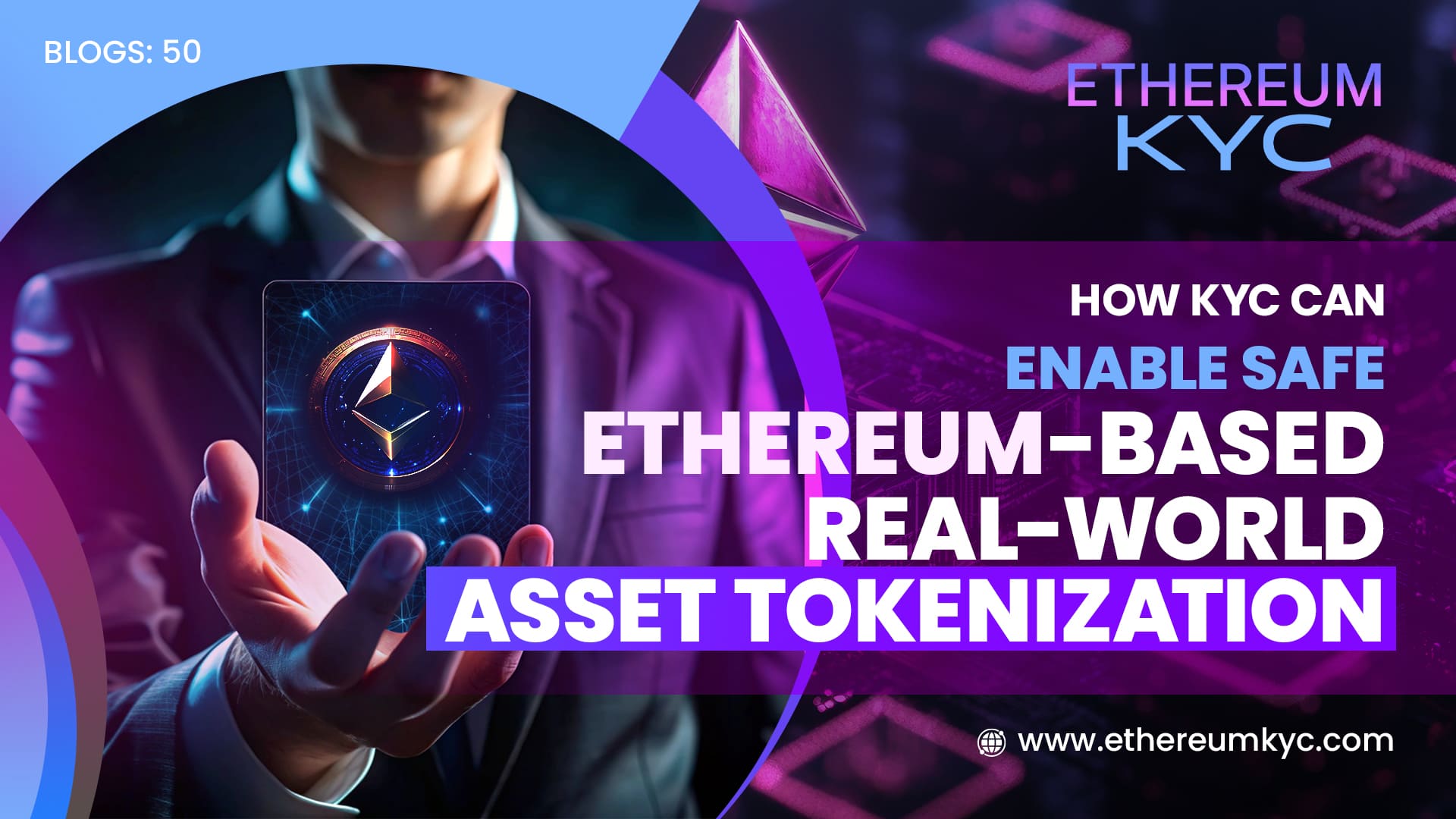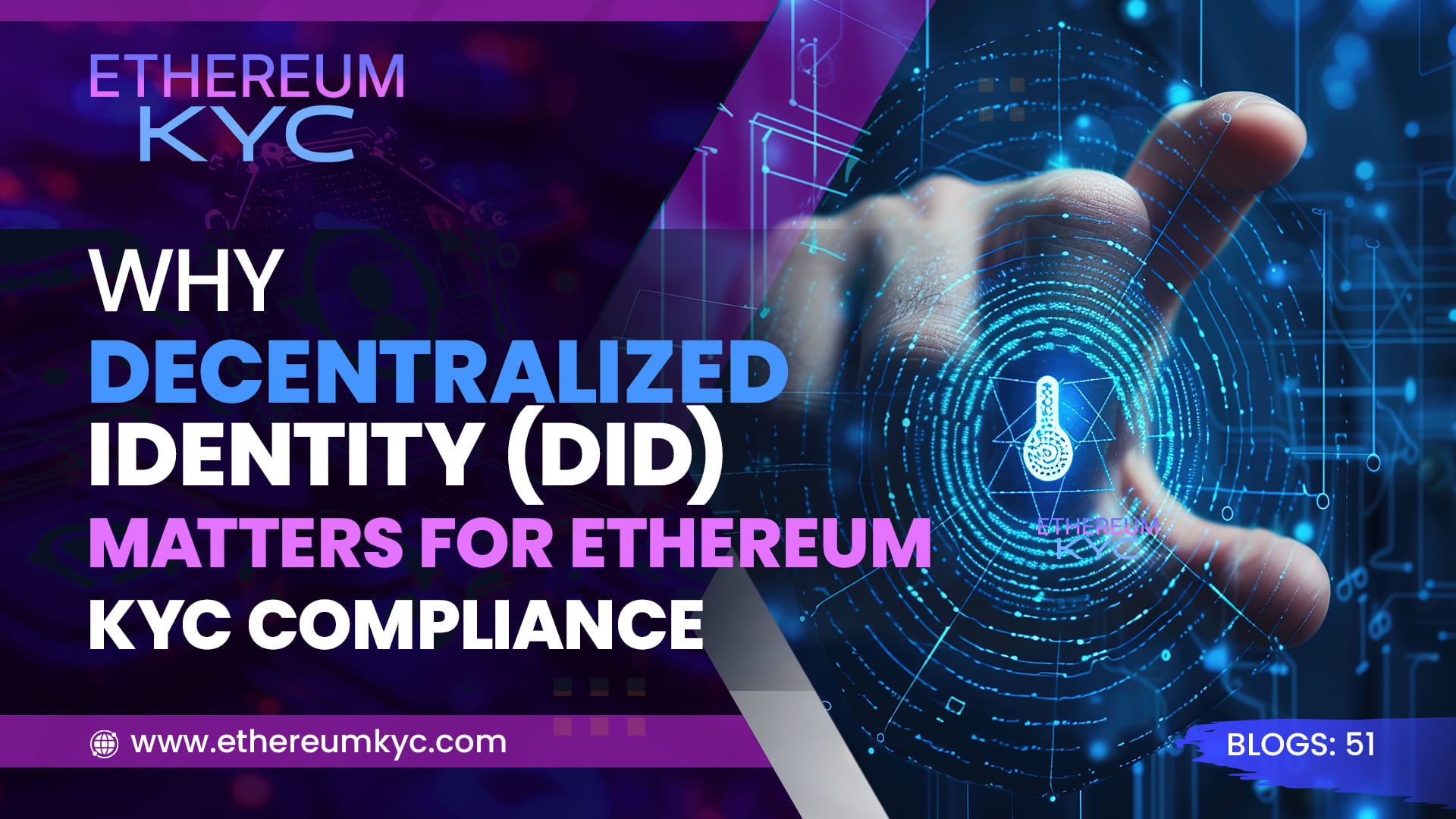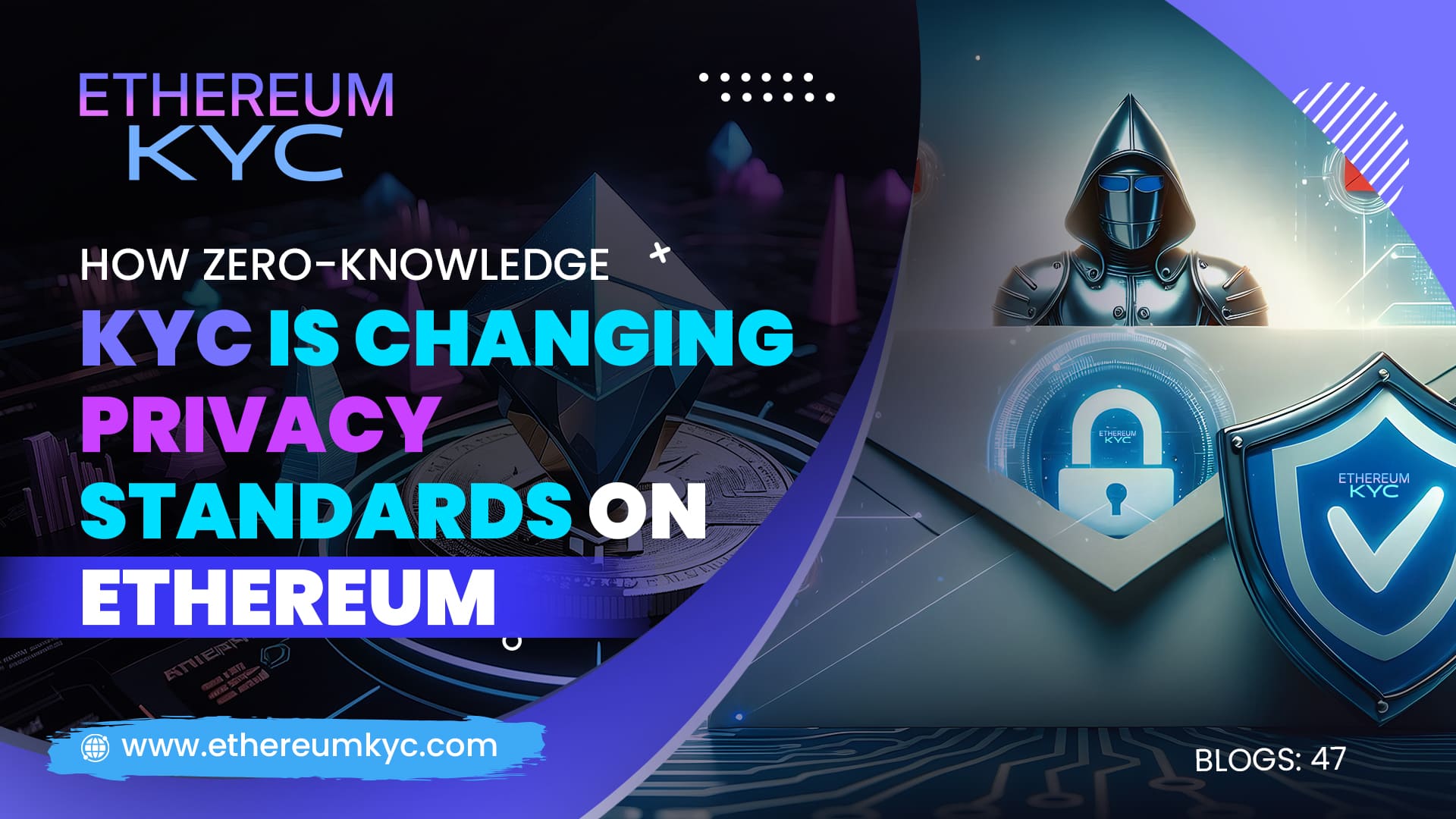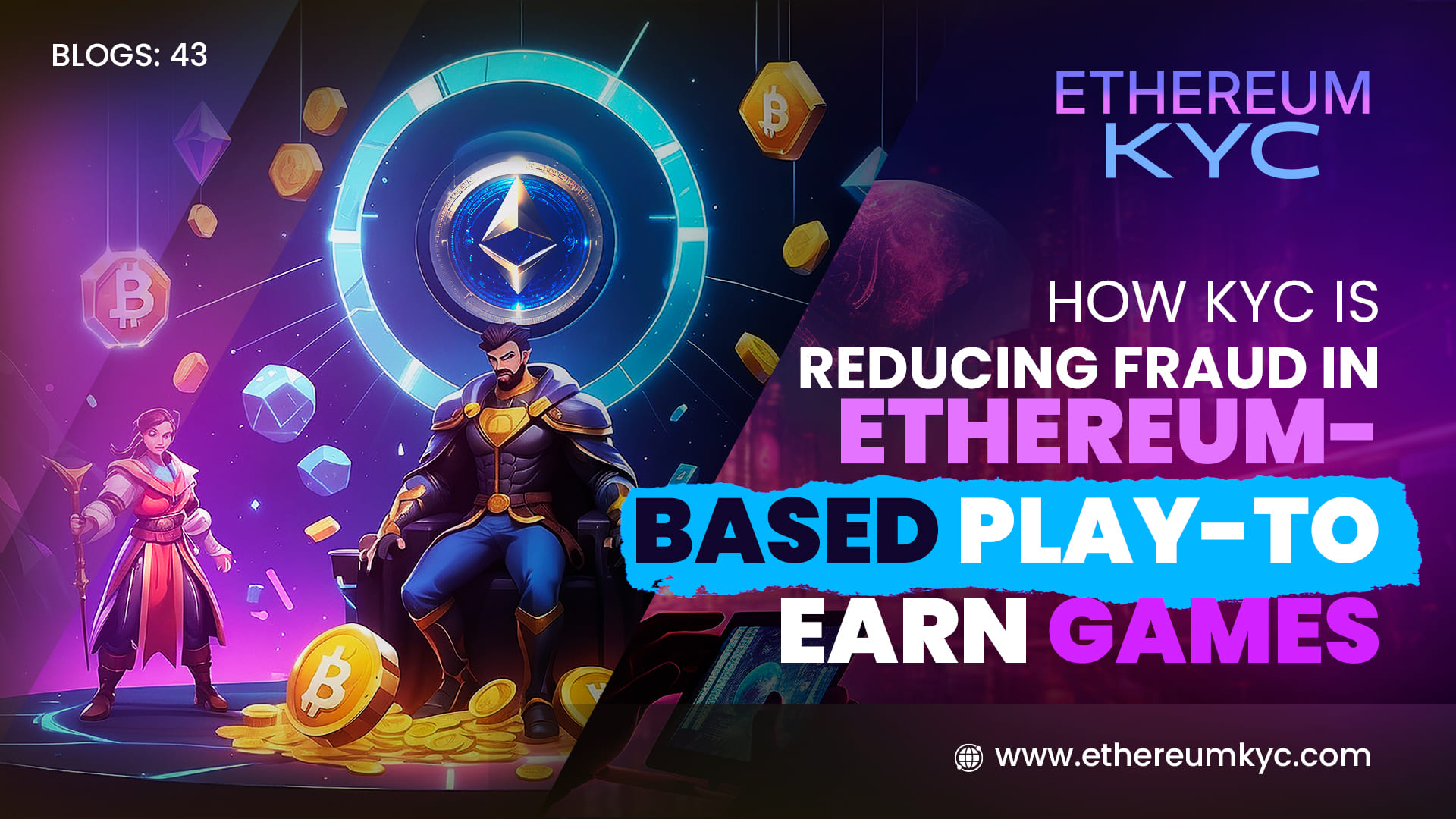June 16, 2025
How KYC Can Enable Safe Ethereum-Based Real-World Asset Tokenization
Tokenizing real-world assets (RWAs) like real estate, commodities, and securities on Ethereum opens massive opportunities—but also introduces legal and compliance risks. Know Your Customer (KYC) is the foundation that makes real-world asset tokenization not just possible, but safe and scalable.
Without KYC, tokenizing RWAs can expose issuers and platforms to legal consequences. With KYC, projects can align with global regulations and attract institutional-grade investors.
Why KYC Matters for RWA Tokenization
- Legal Compliance
RWAs often fall under securities, property, or commodity regulations. KYC ensures that token issuers know who their users are, which is essential for compliance with AML/CFT laws and securities regulations. - Risk Mitigation
Verifying participants helps prevent fraud, money laundering, and identity spoofing—crucial when tokenized assets represent significant value. - Institutional Trust
Serious investors and regulated entities won’t interact with anonymous token ecosystems. A KYC layer builds the credibility needed for large-scale adoption. - Regulatory Clarity
Jurisdictions like the U.S., EU, and UAE require tokenized assets to have traceable ownership. KYC enables this without requiring full centralization.
Ethereum’s Advantage with On-Chain KYC
- Smart Contract Integration: Ethereum-based token contracts can enforce access only to wallets that pass KYC.
- KYC NFTs or Whitelist Contracts: Users complete verification once and gain reusable access credentials.
- Programmable Compliance: KYC data can trigger rules like investor limits, jurisdiction-based access, and expiry of token access.
Use Cases Already in Motion
- Tokenized Real Estate: Platforms like RealT use KYC to gate ownership of property-backed tokens.
- Gold & Commodities: Asset-backed tokens require verified buyers.
- Revenue-Sharing Instruments: Regulatory-compliant tokenized securities must verify identity and investor status.
Future-Proofing Your Ethereum RWA Project
To safely tokenize RWAs on Ethereum:
- Partner with a reputable KYC provider or integrate a decentralized identity layer (like zk-KYC or Civic).
- Use smart contracts to enforce KYC requirements automatically.
- Stay aligned with local laws through compliance-driven design.
Conclusion
KYC is not just a checkbox—it’s the enabler of safe, legal, and scalable real-world asset tokenization on Ethereum. Projects that implement KYC from day one will be best positioned to grow, attract capital, and remain compliant as regulations tighten across the globe.





